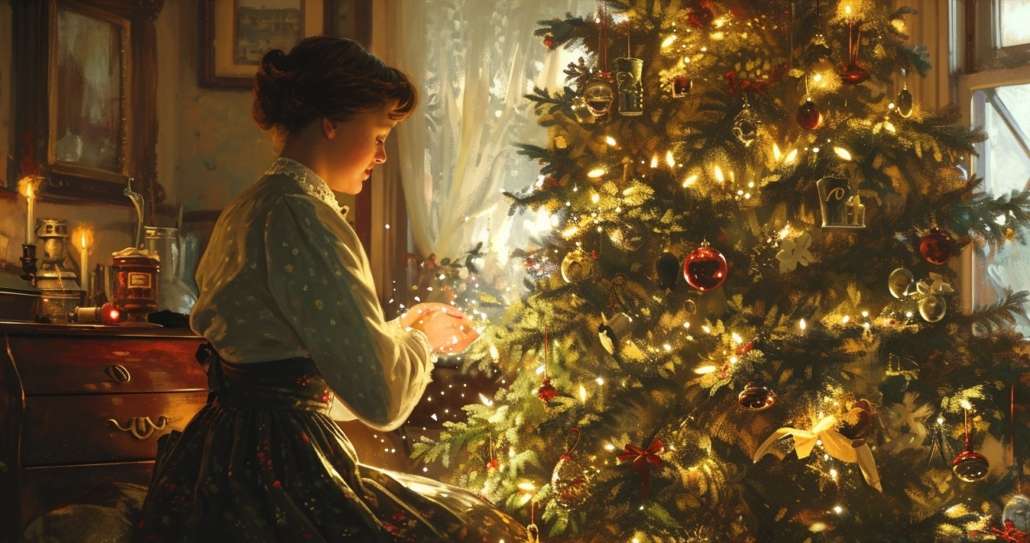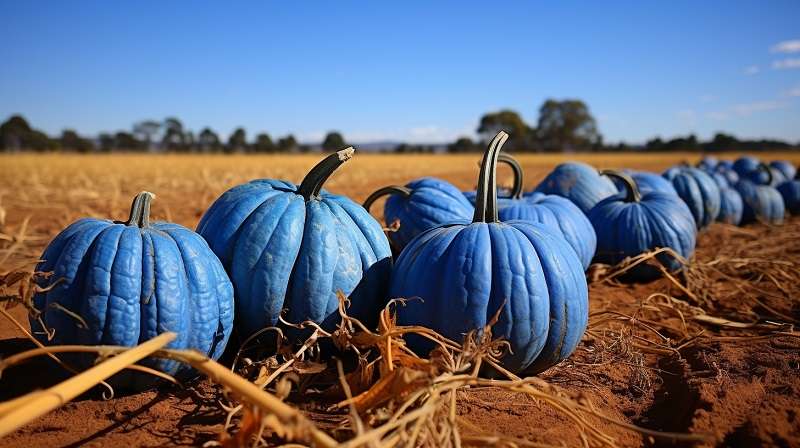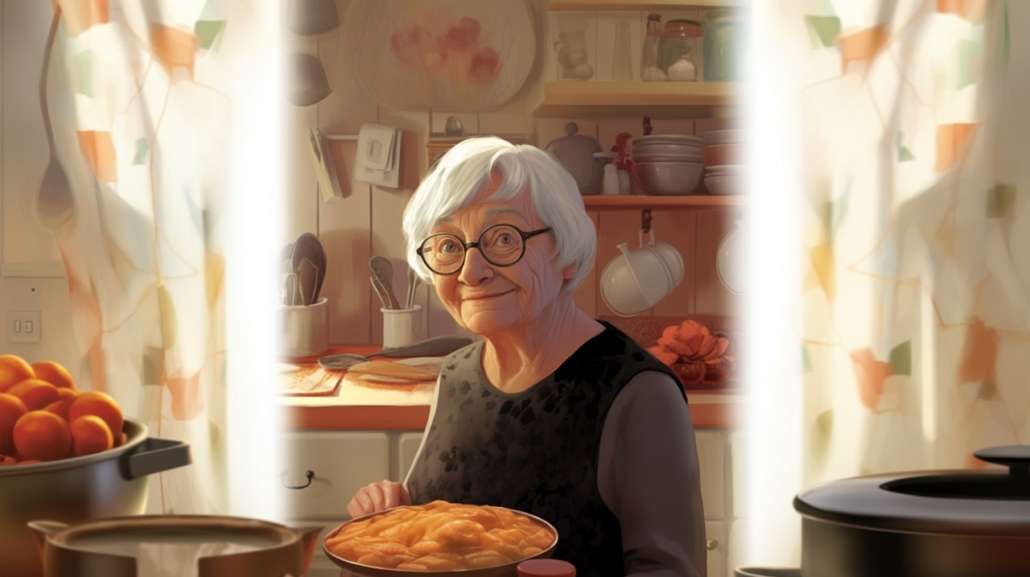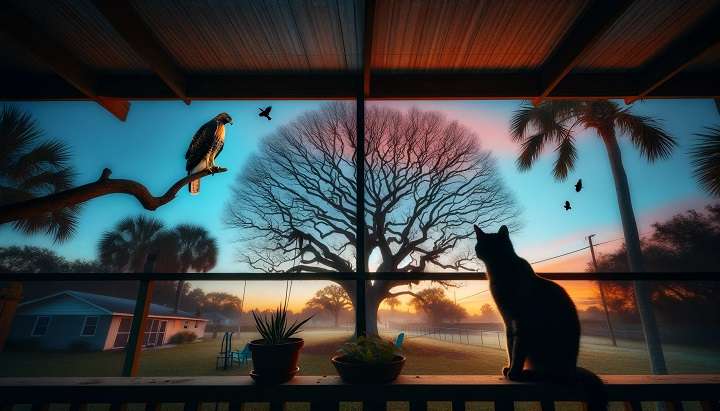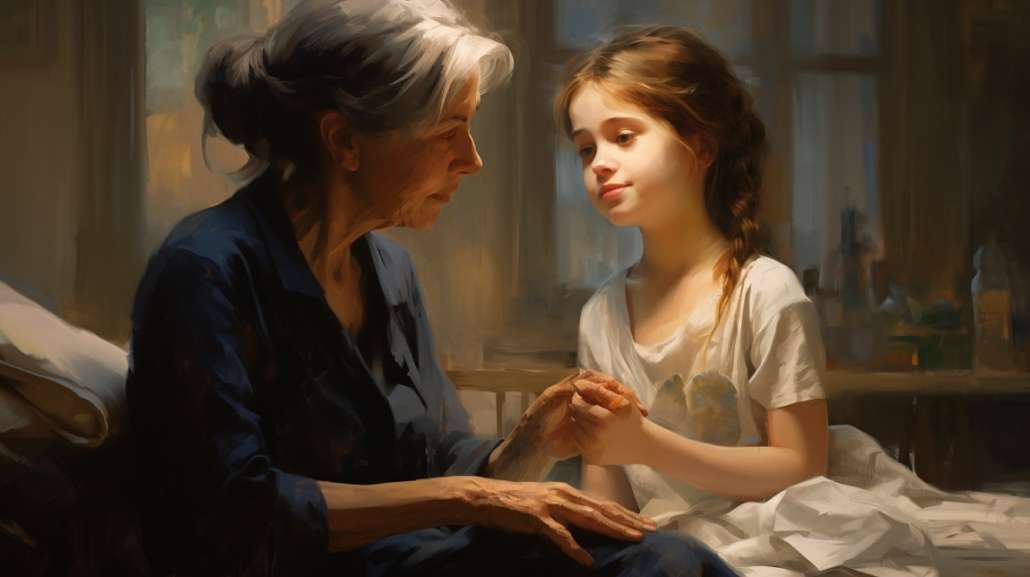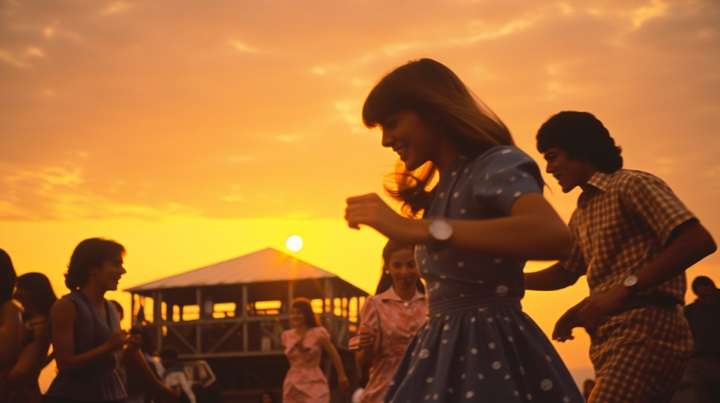Fall isn’t a date on my calendar, the lowering of the outside temperature, nor the coloring of leaves.
Fall is the day I buy my heirloom pale blue Jarrahdale pumpkin.
I didn’t start out being highfalutin.
On the contrary, I started out modestly years ago with a garden next to our house in Waterville where I grew green beans, yellow waxed beans, stunted carrots, ears and ears of too small yellow corn which I never ate because every year the raccoons raided all of the corn the night before we harvested (phew), a multitude of cucumbers, dozens of zucchinis, and hundreds of tomatoes.
No one warned me about how many tomatoes grew from 24 tomato plants fertilized with decades old cow manure.
Although I enjoyed eating all of the vegetables I grew, my favorite plants to grow were the gigantic sunflowers and the many orange pumpkins.
The sunflowers offered hours of enjoyment. Blue jays landed on the large flowers growing in the garden and heatedly pecked at the individual seeds causing the long, thick sunflower stems to sway back and forth with the weight of the birds.
Once I put sunflower heads on our front door for decoration and heard the loud “tap, tap, tap” on the wooden door. Two and three blue jays at a time pecking to dislodge the large flower seeds sounded more like a woodpecker drumming out his territorial dominance.
My favorite plant was the pumpkin.
At first, I grew the ordinary pumpkins which matured in a variety of shapes. My young son repositioned them daily to prevent any really oddly shaped pumpkins. We didn’t want any flat spots formed from where the pumpkin settled on the ground.
Later, I added the New England Pie Pumpkins, which were smaller, heavy, quite tasty, and perfectly pumpkin shaped. These always perfectly shaped pumpkins certainly gave their part of the garden a very regimented appearance.
As the garden leaves withered and browned, the lively orange toned pumpkins kept the dying garden alive with color.
My quest for the perfect pumpkin in Florida wasn’t an easy task. I first bought a very large, beautiful orange pumpkin for my fall display of “one pumpkin.” Within two weeks, the sun had literally cooked the inside of the vegetable giving my patio a very distinctive pumpkin pie aroma. The large pumpkin sunk from within.
I borrowed a neighbor’s cart to haul it away to the dumpster.
I thought about displaying a ceramic pumpkin or even a lightweight plastic pumpkin, but I was leery that ceramic would break or that plastic would fly away into someone else’s yard.
I reluctantly settled on a wooden stake with a painted pumpkin, but as realistic as it looked from a distance, up close and personal was a different story.
Then, one day while in the grocery store, I fell in love. Among the many differently colored pumpkins, I saw the one I wanted – a large, slightly flattened, round, almost perfectly vertically grooved BLUE pumpkin.
I had to have it. Who cared if it cooked from the inside? I was going to enjoy this pumpkin for as long as possible if for no other reason than my favorite color is BLUE.
From the grocery store bagger’s lifting and placing the pumpkin onto my car seat to my husband’s carrying and placing the pumpkin onto its place of honor, a multicolored earth toned upside down flowerpot, that globular BLUE fruit was MINE.
At first neighbors marveled:
“Wow!”
“Never saw anything like it.”
“A blue what?”
As time passed, people stopped less often. Then, as not just the weeks went by, but as the months flew by, neighbors questioned:
“That thing hasn’t rotted yet?”
“It must be full of ants.”
“Are you sure it’s real?”
Even I grew tired of the blue pumpkin. I had bought the amazing blue wonder in mid-September. The date was now May 15. I was eight months older, but the blue pumpkin hadn’t aged one bit. The blue had faded a little, but the skin was taut, and the flesh was still solid to the tap.
There was only one thing to do. I borrowed my neighbor’s cart and hauled the formerly loved pumpkin to the dumpster.
I went on with my life for the next four months and forgot about this experience. That is until yesterday when I was shopping at the grocery store. I turned the corner, and there they were…a multitude of pumpkins in varying shapes and colors.
I perused the display. Behind three white pumpkins was another of my beloved perfectly shaped large BLUE pumpkins…calling my name. The lure was just too much.
I moved the white pumpkins aside and somehow lifted the heavy BLUE sphere onto the bottom shelf of my grocery cart. Furtively, I checked out, lifted the pumpkin onto the car seat and then finally placed the beautiful BLUE orb onto its place of honor atop the flowerpot which had remained empty for the last four months.
I discovered – through the internet, no less – that the BLUE Jarrahdale pumpkin may last for up to 12 months. Something has to be done.
In the garden, pumpkins and sunflowers are companion plants. Although this new pumpkin is no longer growing, maybe sunflowers could benefit from being planted nearby.
I am going to plant two, four, maybe even six giant sunflower plants in my small sandy area surrounding my “one pumpkin” display. In 12 sunny Florida months I might even be able to get two plantings of sunflowers.
Let the Florida blue jays work for their winter seeds while they swing and sway on the flower heads, and, once again, I may smile as I watch them from my window.
This year I will not chuck the pumpkin when I tire of its beauty. I will, instead, harvest the seeds, dry them, and send them off to Maine gardening friends so they may enjoy a regimented area of their garden with nearly perfectly shaped BLUE pumpkins.
Any takers?
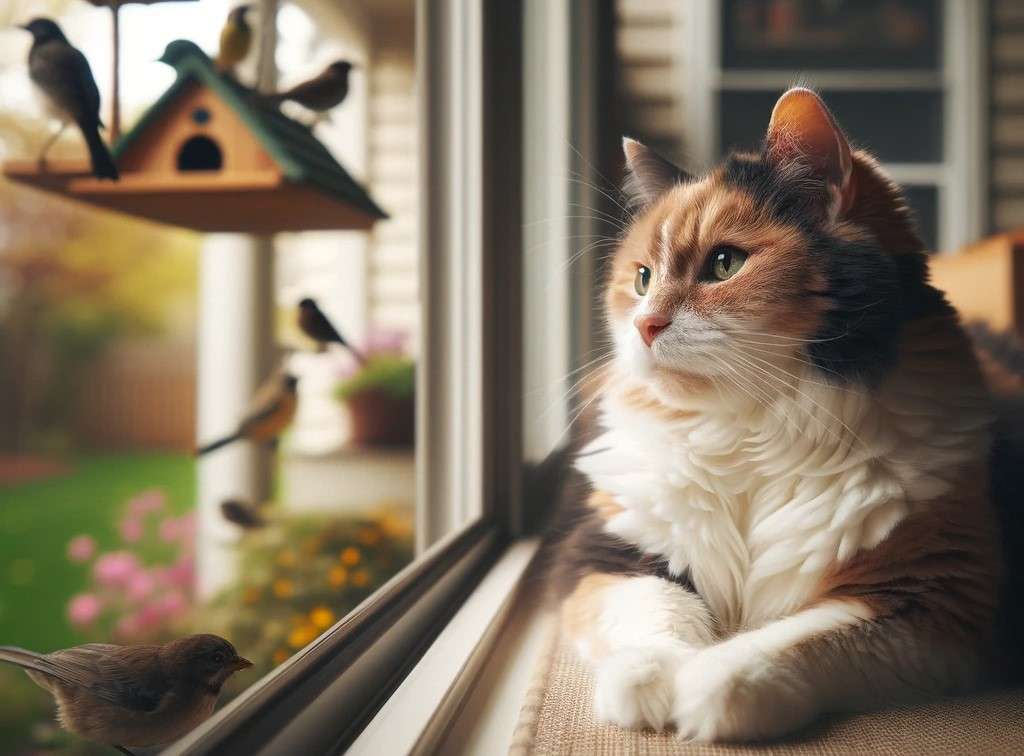
 by Norma Best Boucher
by Norma Best Boucher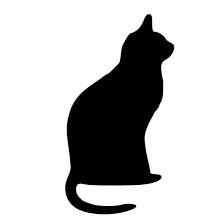 There is usually a frenzy. Olivia loves watching these antics…so do I.
There is usually a frenzy. Olivia loves watching these antics…so do I.

